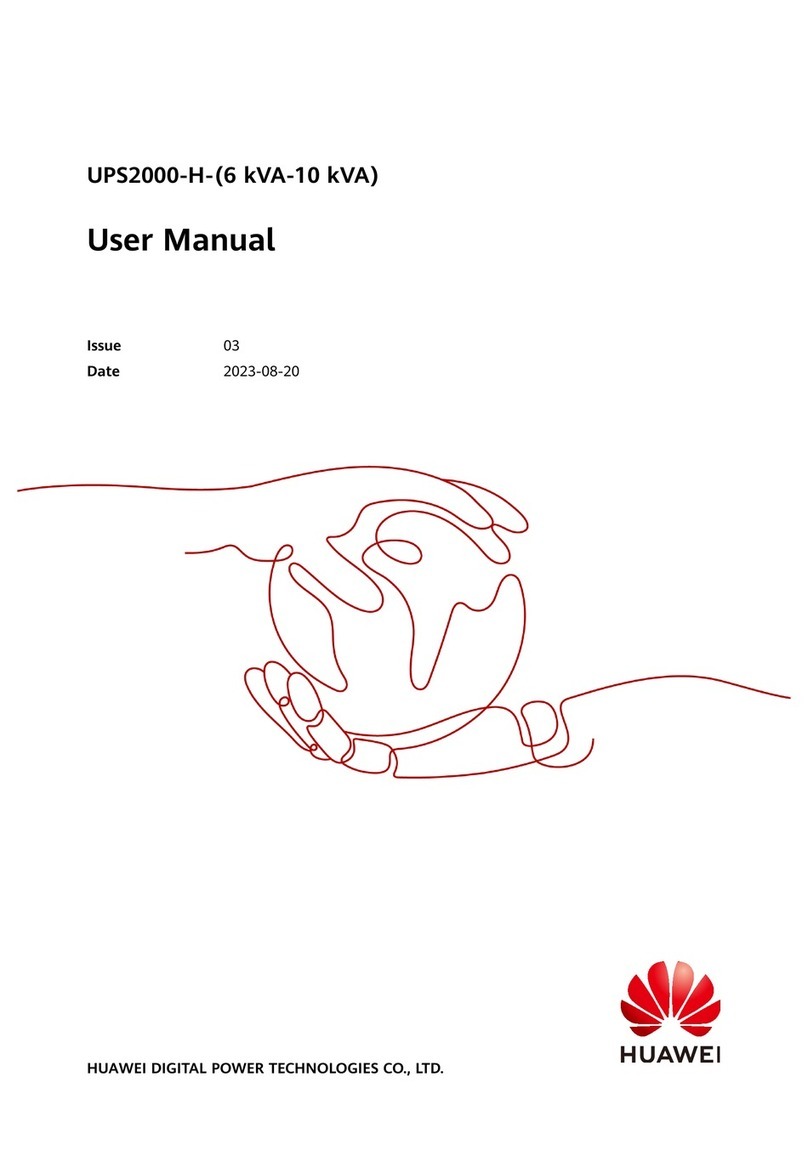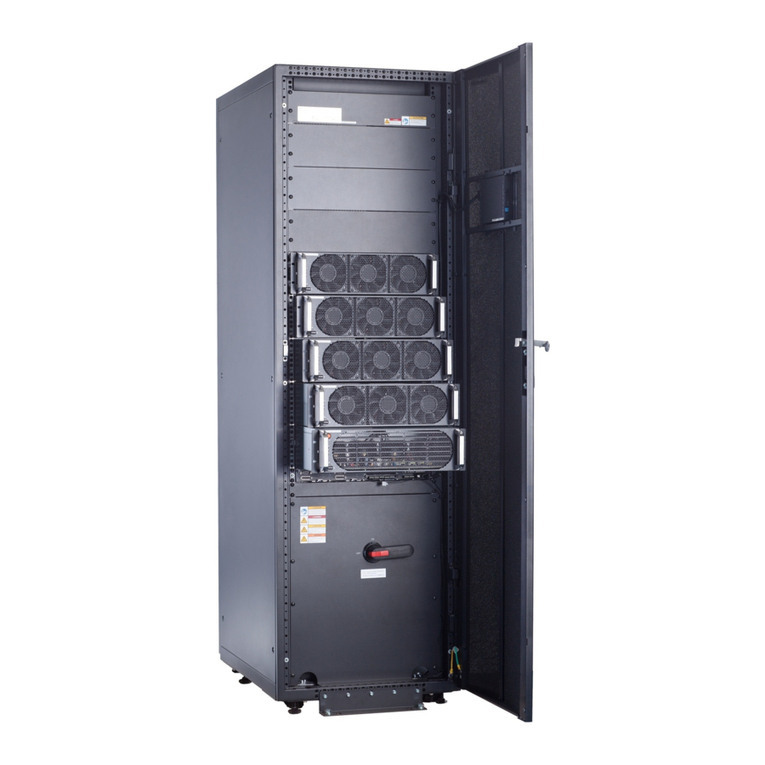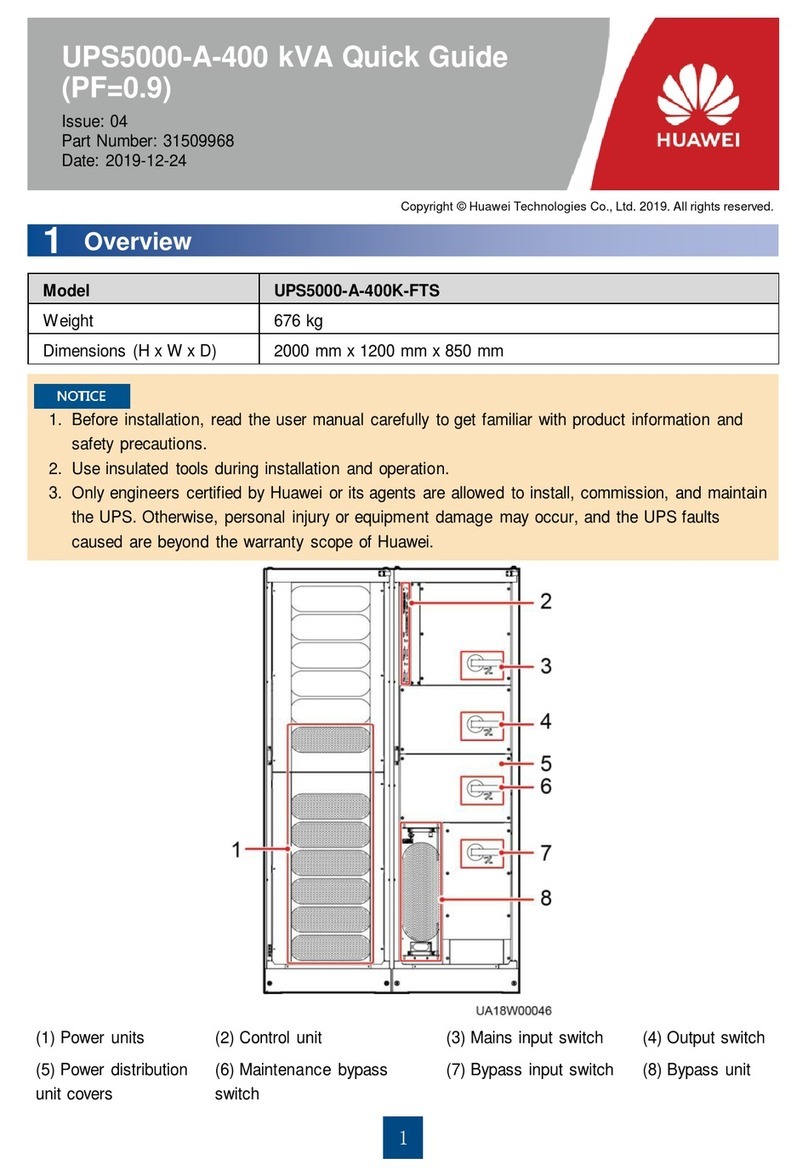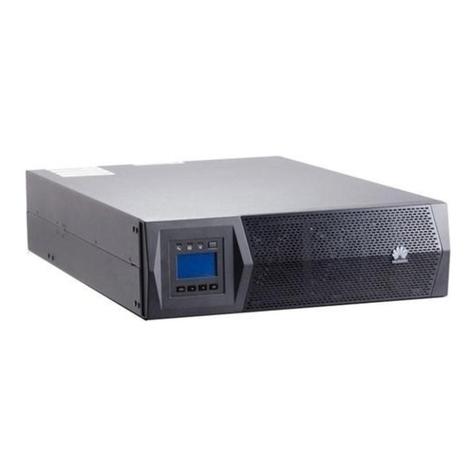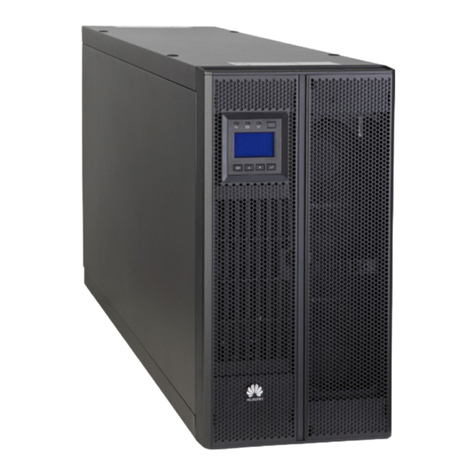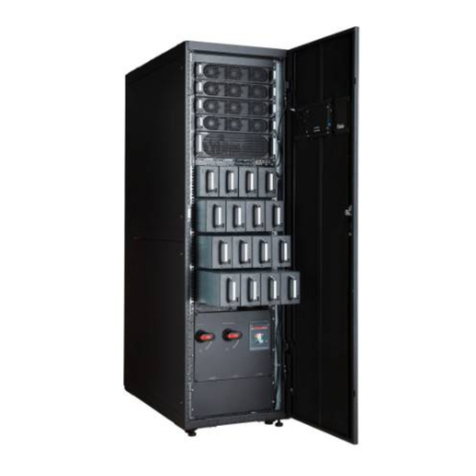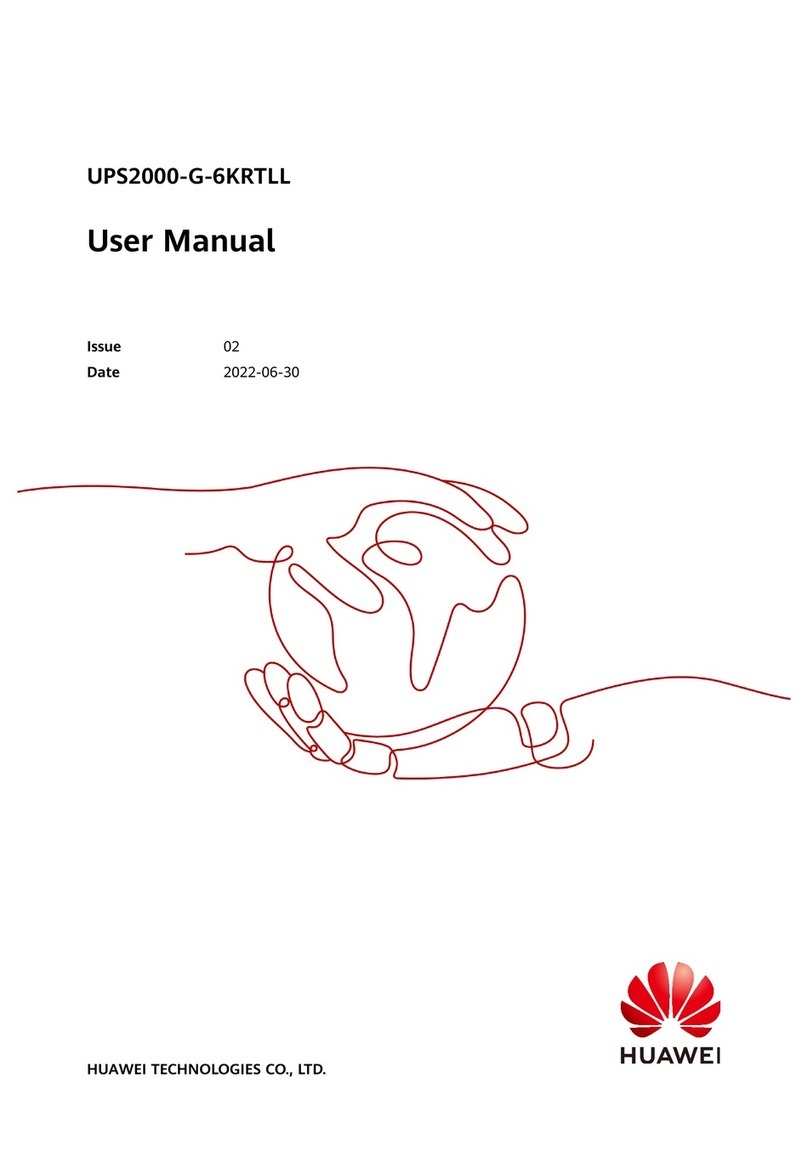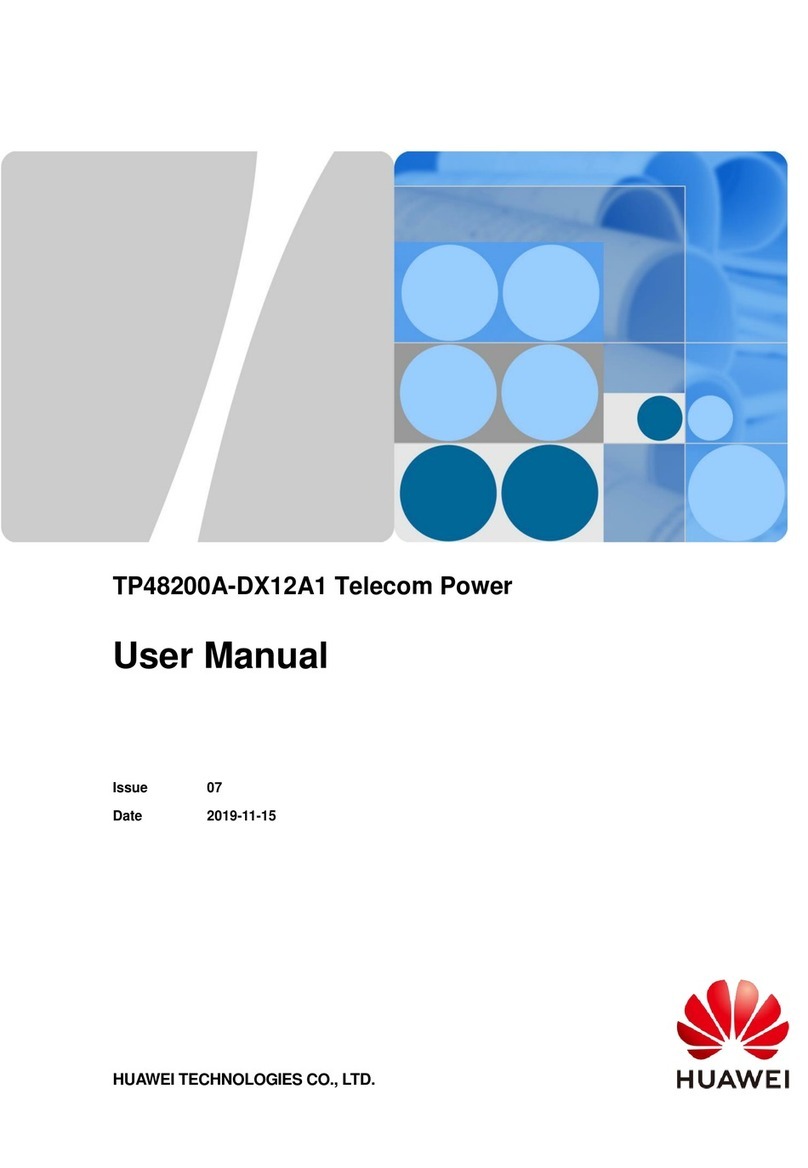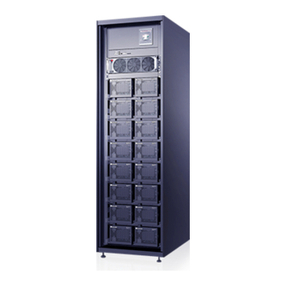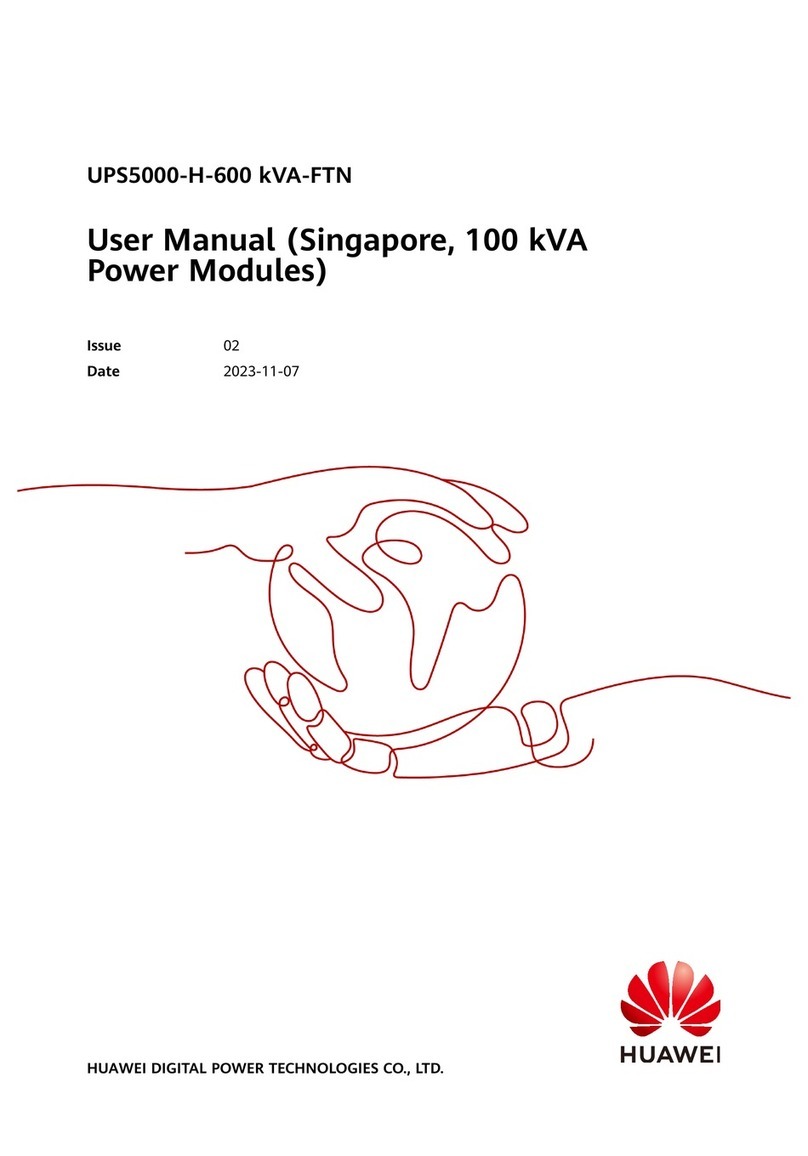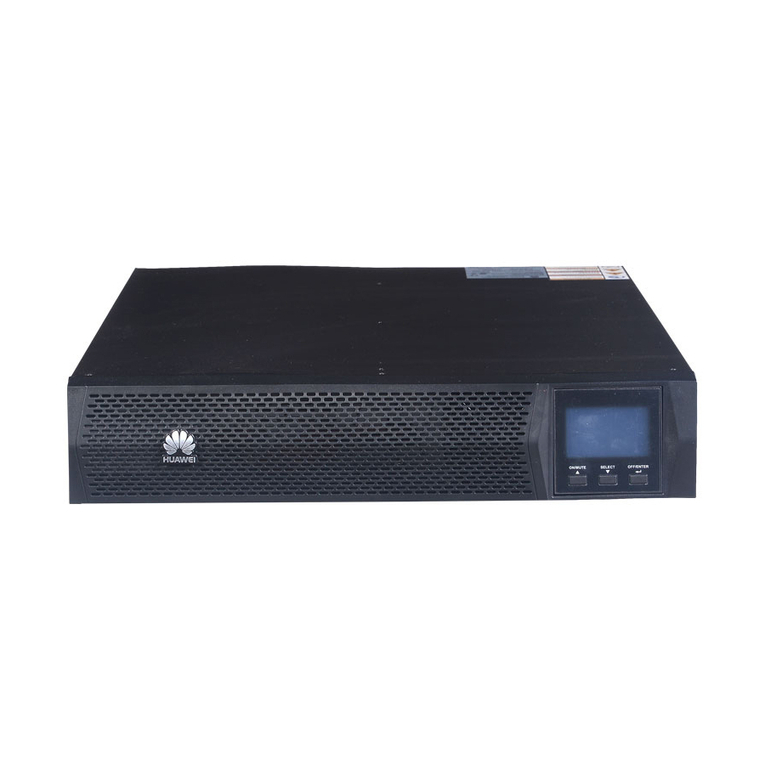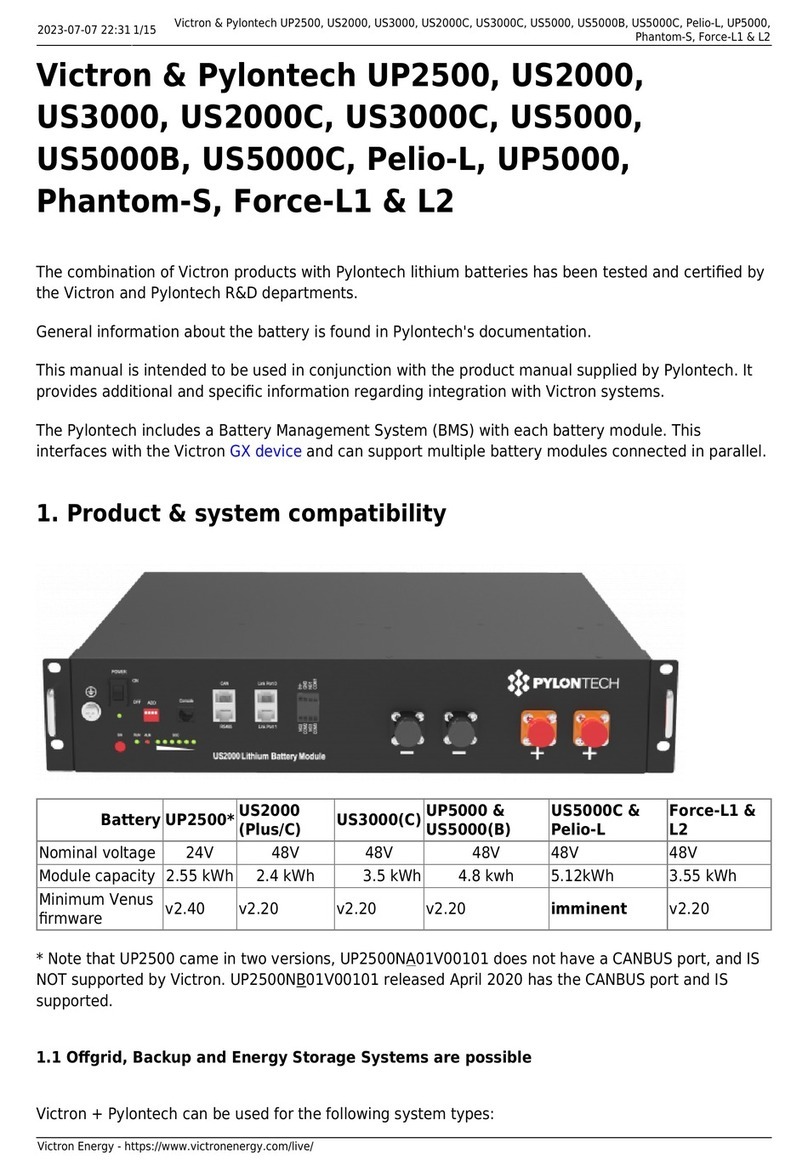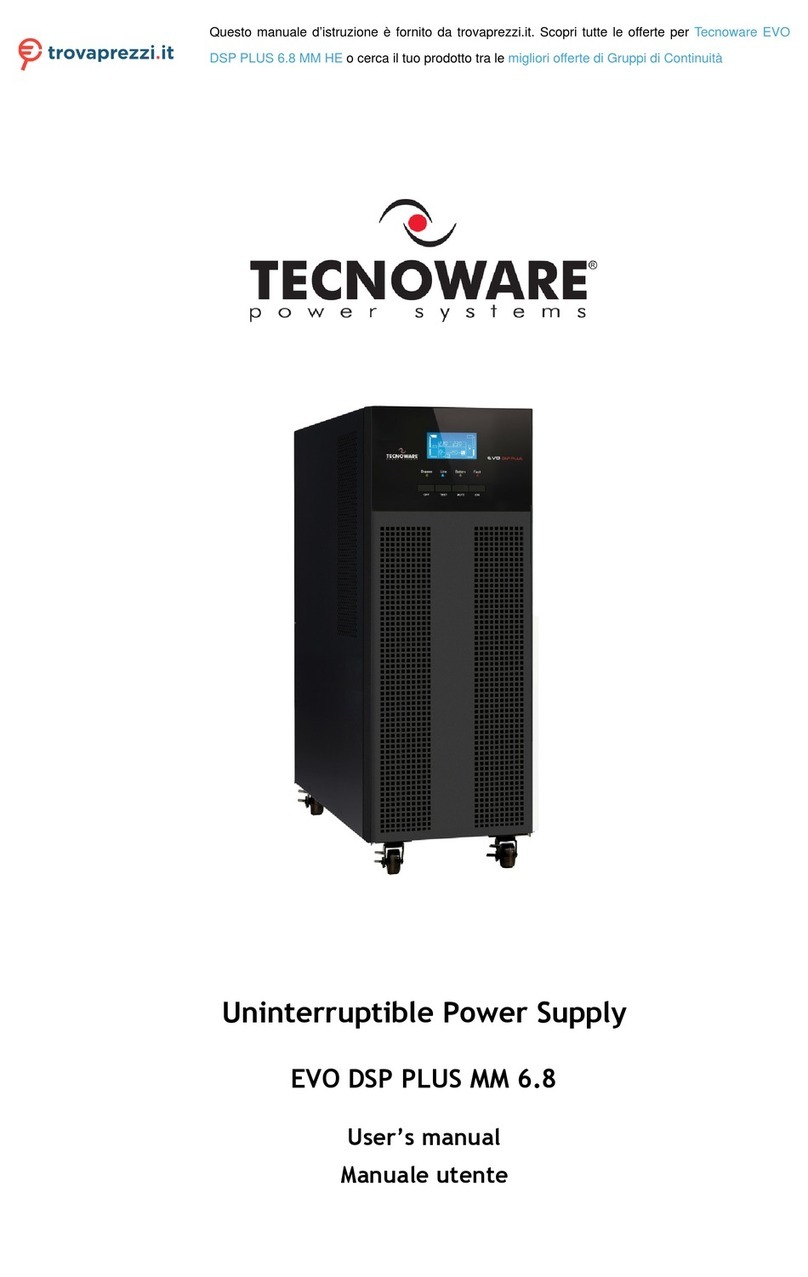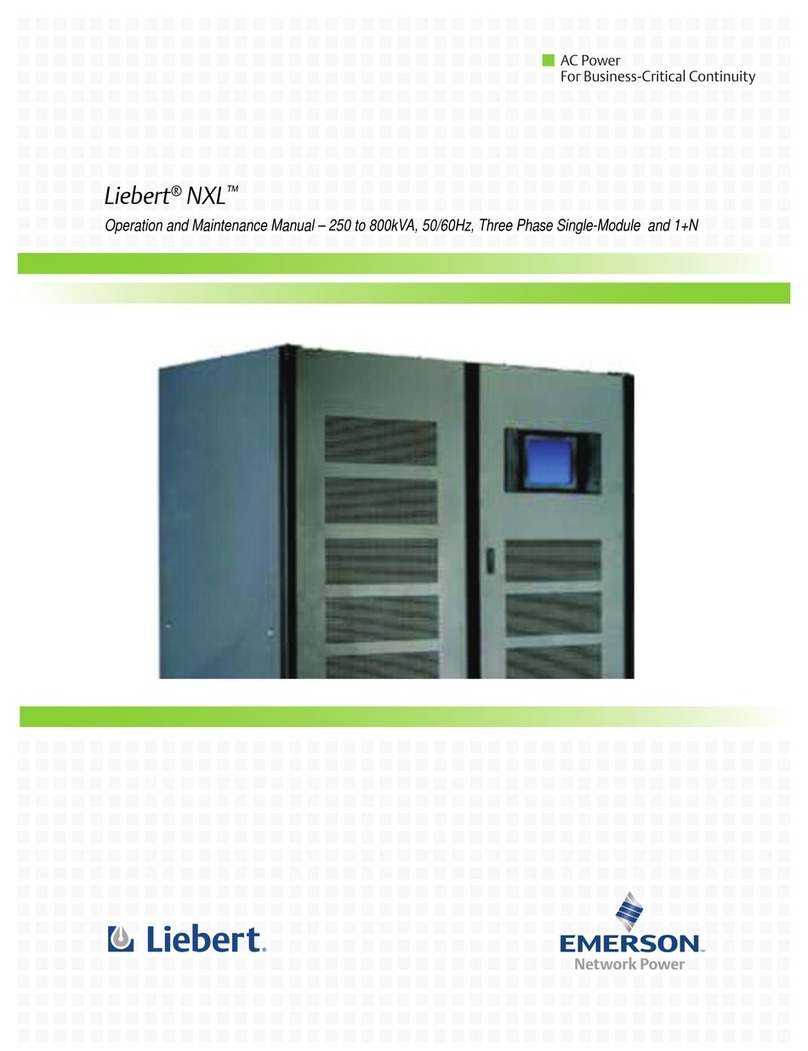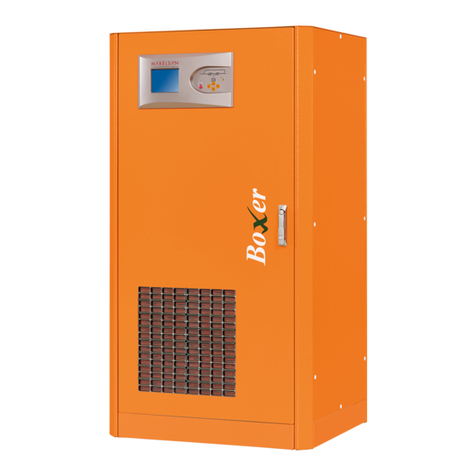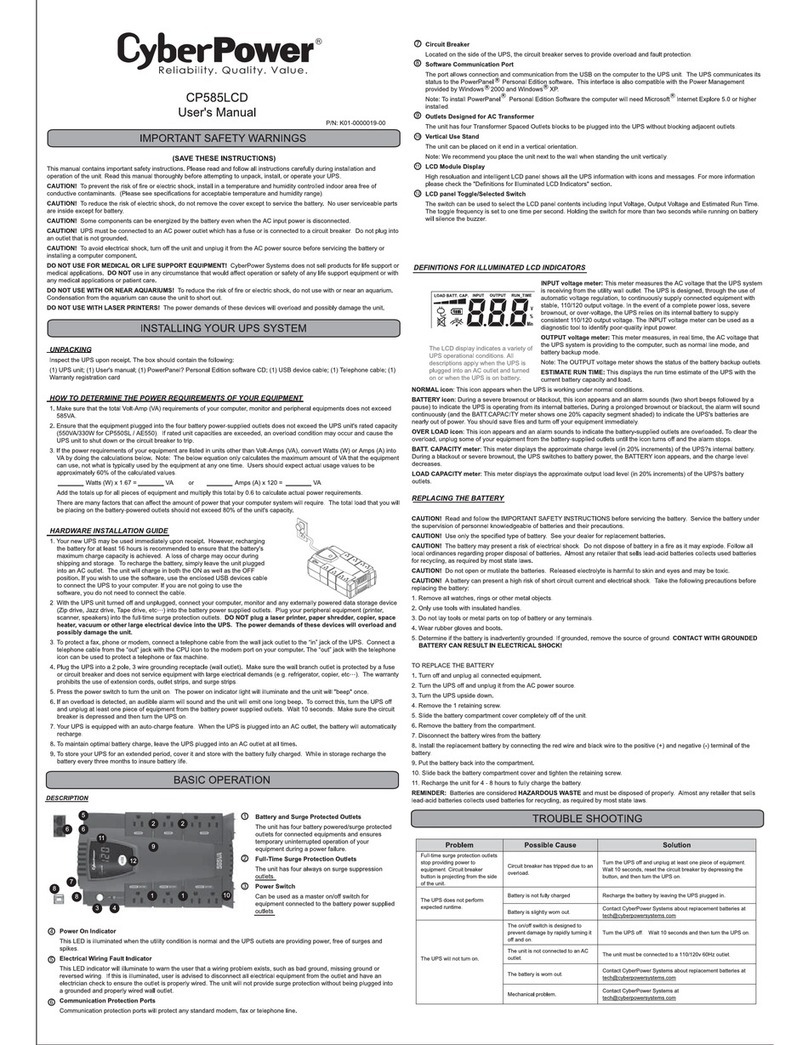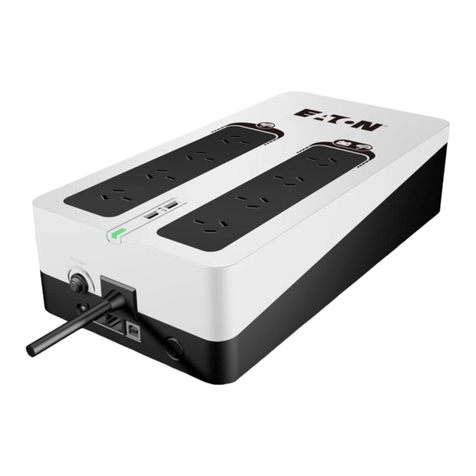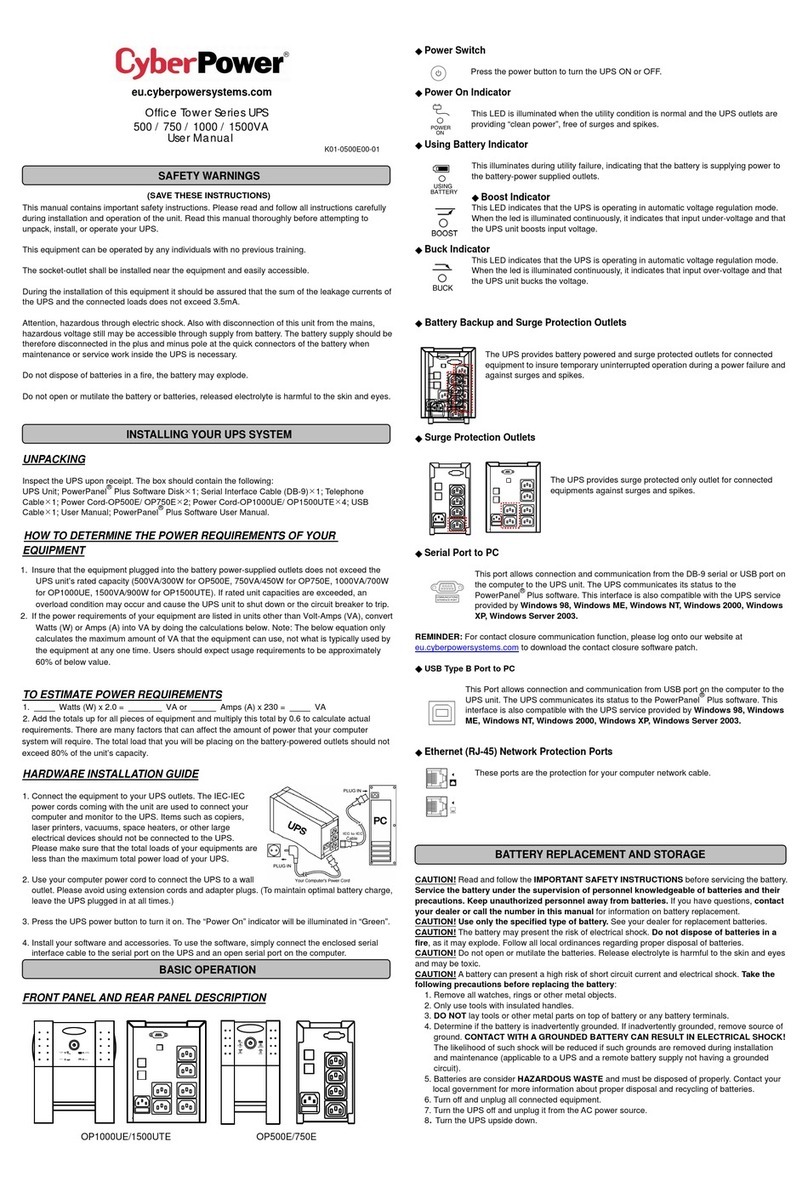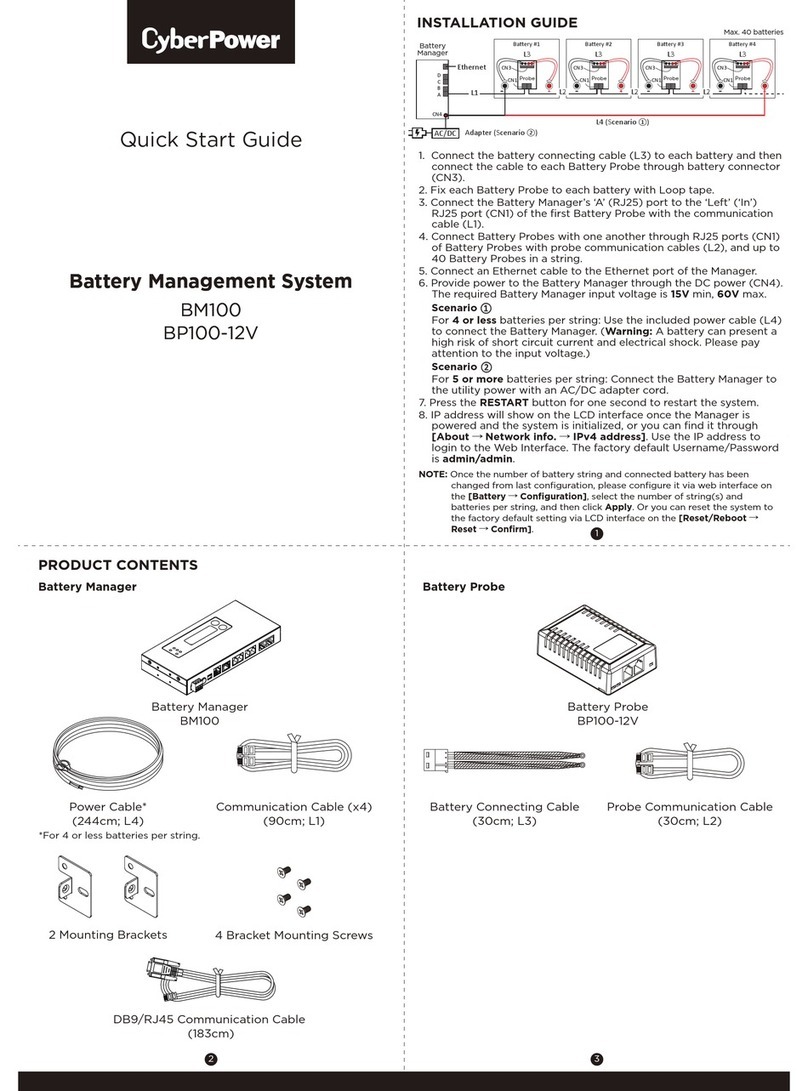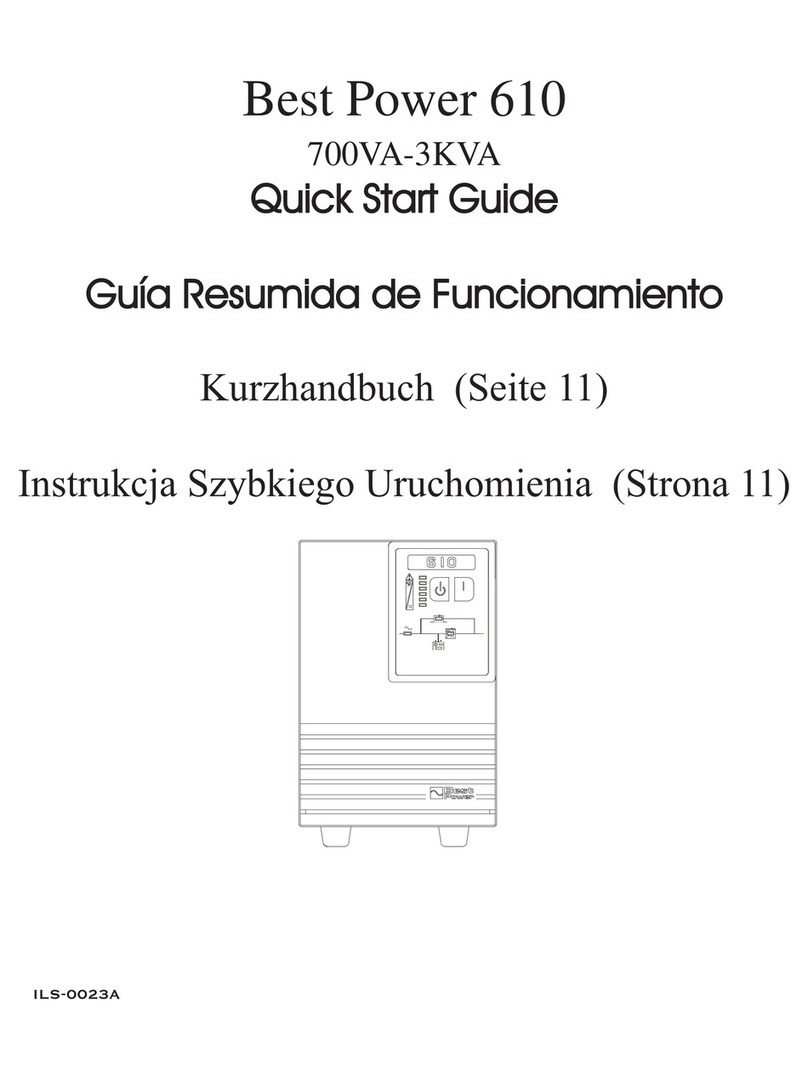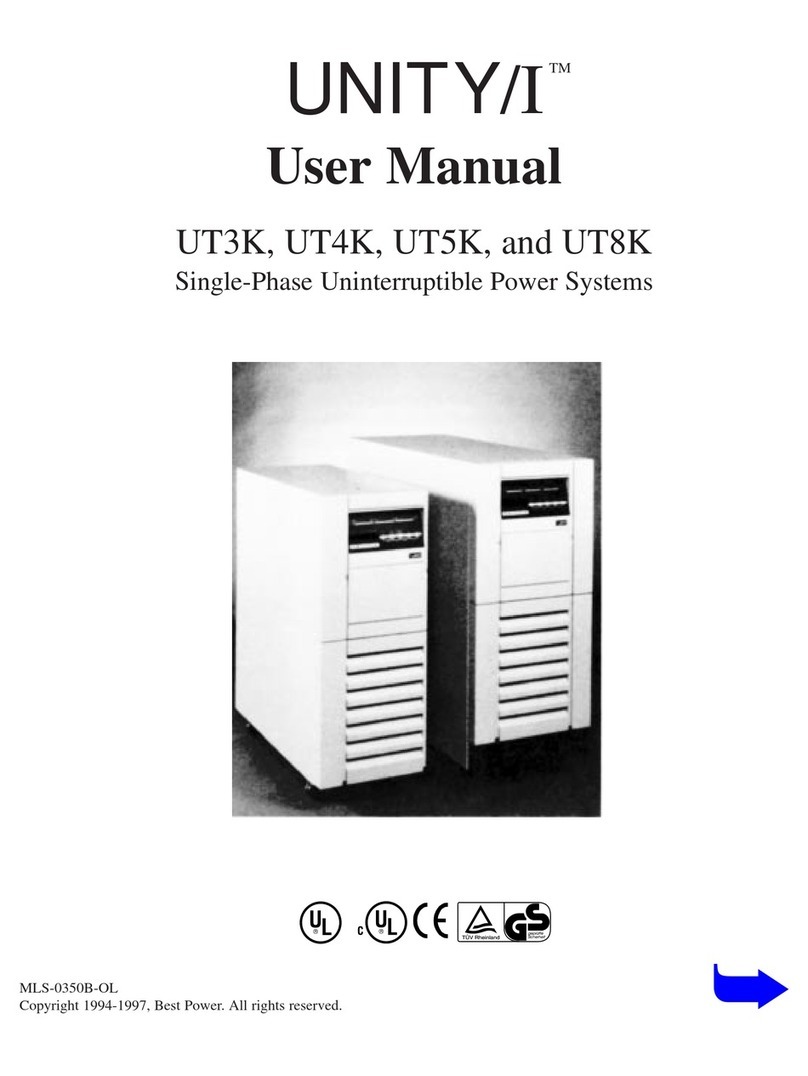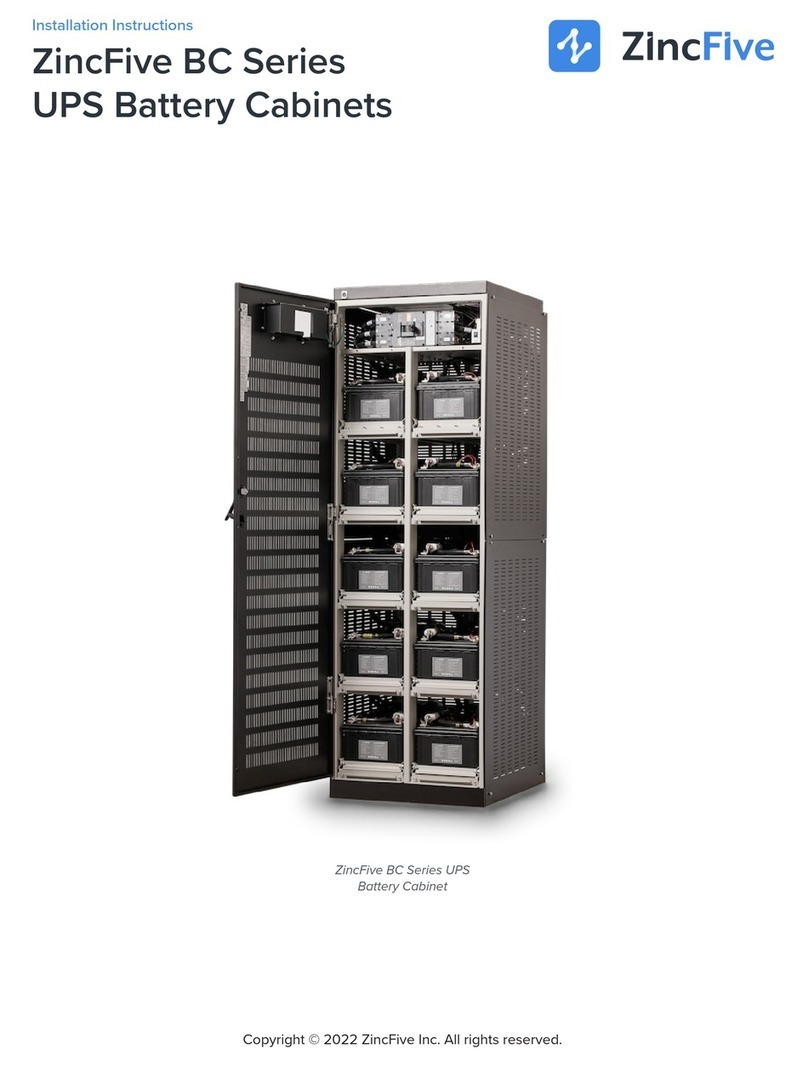
4.3 Transportation, Unpacking, and Checking................................................................................................................... 41
4.4 Installation Process...............................................................................................................................................................44
4.5 Installing a Fire Extinguisher Cylinder and Cabinets (Without a Side Cabinet)..............................................44
4.5.1 Installing a Fire Extinguisher Cylinder........................................................................................................................44
4.5.2 Installing a Cabinet........................................................................................................................................................... 48
4.5.3 Combining Cabinets..........................................................................................................................................................51
4.6 Installing a Fire Extinguisher Cylinder and Cabinets (With a Side Cabinet).................................................... 52
4.6.1 Removing a Fire Extinguisher Cylinder from a Lithium Battery Cabinet....................................................... 52
4.6.2 Installing and Combining Cabinets............................................................................................................................. 56
4.6.3 Installing a Fire Extinguisher Cylinder........................................................................................................................59
4.7 Installing Cables.................................................................................................................................................................... 64
4.7.1 Cabinet Cabling Diagrams..............................................................................................................................................64
4.7.2 Cable Routing Requirements......................................................................................................................................... 65
4.7.3 Installing a Cabinet Ground Cable.............................................................................................................................. 66
4.7.4 Installing Communications Cables.............................................................................................................................. 67
4.7.5 Installing DC Power Cables............................................................................................................................................ 71
4.7.5.1 Single-Cabinet Scenario............................................................................................................................................... 71
4.7.5.2 Multi-Cabinet Scenario................................................................................................................................................ 73
4.7.6 (Optional) Installing an EPO Cable.............................................................................................................................75
4.8 Installing Battery Modules.................................................................................................................................................76
4.9 Verifying the Installation.................................................................................................................................................... 84
4.10 Sealing a Cabinet................................................................................................................................................................86
5 Power-On Commissioning................................................................................................... 87
5.1 Checking Before Power-On................................................................................................................................................87
5.2 Connecting the Battery Supply........................................................................................................................................ 87
5.3 Disconnecting the Battery Supply................................................................................................................................... 90
5.4 Recharge Requirements for Batteries with Low SOC............................................................................................... 91
6 Maintenance...........................................................................................................................93
6.1 Routine Maintenance.......................................................................................................................................................... 94
6.2 Shallow Discharge Test....................................................................................................................................................... 98
6.3 Capacity Test...........................................................................................................................................................................99
6.4 Viewing Test Data................................................................................................................................................................. 99
A Acronyms and Abbreviations........................................................................................... 101
SmartLi 2.0
User Manual Contents
Issue 10 (2022-04-30) Copyright © Huawei Technologies Co., Ltd. vi
